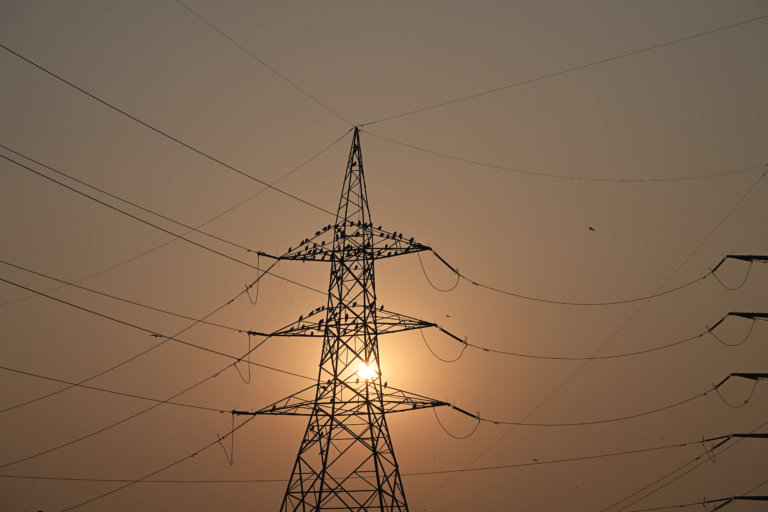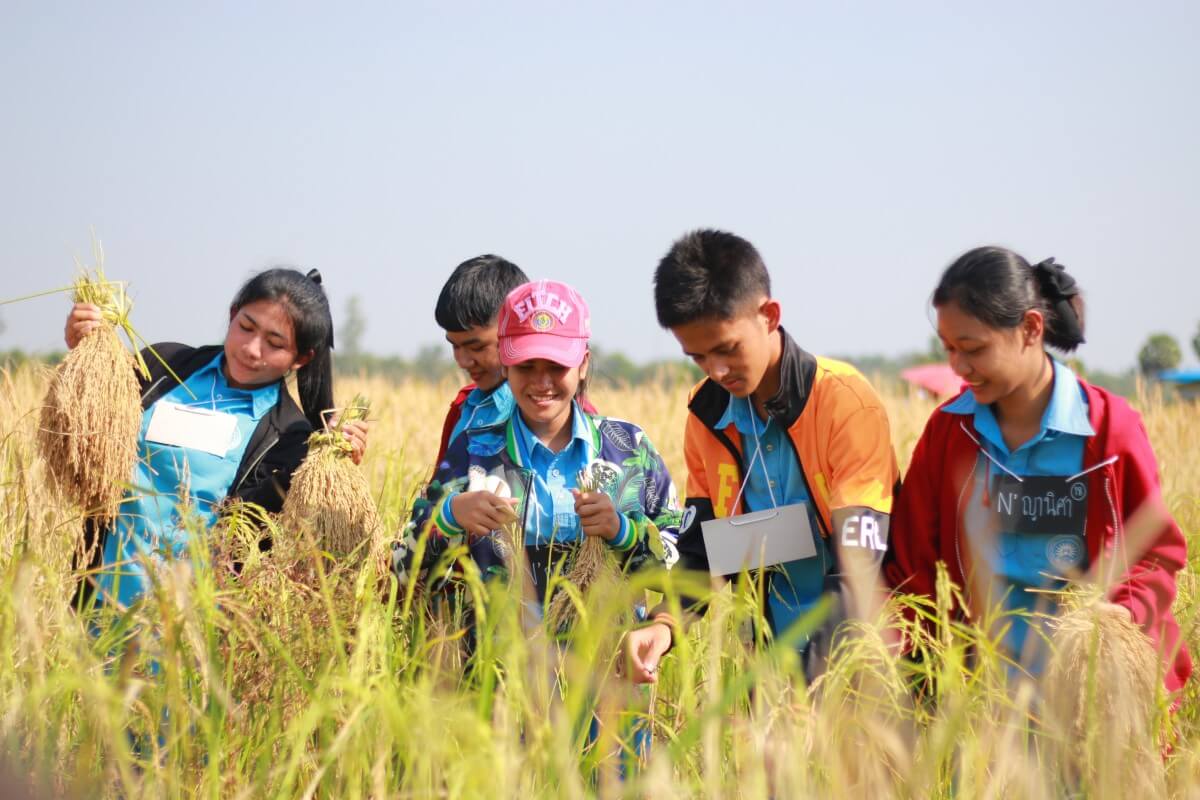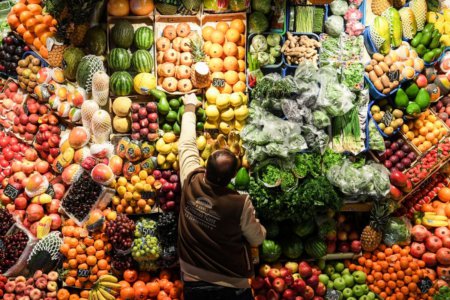
With a world population of seven billion people, demand for Earth’s resources continues to increase, and we, as individuals and societies, need to learn to live together sustainably. Fast. With the increase in demand of employees with a sustainable mindset, green degrees are in.
In November 2020, UNESCO invited three inspiring young change-makers to an online workshop: Nicolas Klasen, representative of YoupaN, from Germany; Melati Wijsen, founder of ByeBye Plastic Bags and Youthtopia, from Indonesia and Isaac Makinya, member of global youth representatives of World Scout and member of the National Youth Forum Committee, from Kenya. The purpose is to get young people to discuss the following questions, in relation to the current crisis: What are the enabling conditions for young people to become change agents for sustainability? How can Education for Sustainable Development (ESD) help young people stay resilient in challenging situations?
Entrepreneurial skills, socio-emotional competencies and supportive learning environments were the top skills that contribute positively to communities, according to the young panelists. They also added that schools and education systems should help youths nourish their passions and build confidence in themselves.
“We have to identify what makes students, young people passionate about and how can schools and the education system become a support system to nourish green efforts,” said Wijsen.
Solar employment opportunities are growing at a rate 12 times faster than the rest of the US economy. And wind turbine technician is currently the fastest growing profession in the US, according to the Environmental Defense Fund’s Report.

Source: Photo by VLADIMIR RODAS / AFP
One of the surest ways to join this important field is through a specialised green degree. The best part? Graduates don’t have to look for a 100% sustainability-focused job. They can branch into other fields. Let’s not forget the bigger picture too — more than a job-seeking endeavour, sustainability is a mindset and a way of living.
The University of Pennsylvania introduced its Integrating Sustainability Across the Curriculum (ISAC) Programme in 2012 to help Penn faculty introduce environmental sustainability into existing and new courses. The programmes are taught by world-class faculty who guide students in developing strong connections to industry partners, as well as individualised professional development opportunities, addressing the complex issues facing the planet, and develop cutting-edge research and practices to tackle those concerns.
Cornell University offers a variety of green degrees, and minors, that emphasise clean-technology innovation. The Sustainable Development Programme is ranked second in the US for its focus on sustainable global enterprise. Cornell is known for its flexibility, allowing students to design their own degree programmes in collaboration with faculty members. This means students can earn green degrees while also studying within an entirely different discipline or department.
Green degrees at the University of Michigan focuses on the importance of green business education and provides students with access to the Erb Institute for Global Sustainable Enterprise. Field-based learning and applied professional training are two core hallmarks of its design. Students gain scientific knowledge and learn how to use that knowledge to inform current and future management decisions.
Green innovation allows the youth of today to challenge the status quo, present innovative solutions that will help increase economic progress and a sustainable future for the environment and future generations. Green degrees age like fine wine, providing in-depth expertise and the professional toolkit required to untangle complex social issues.









